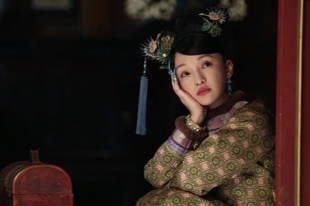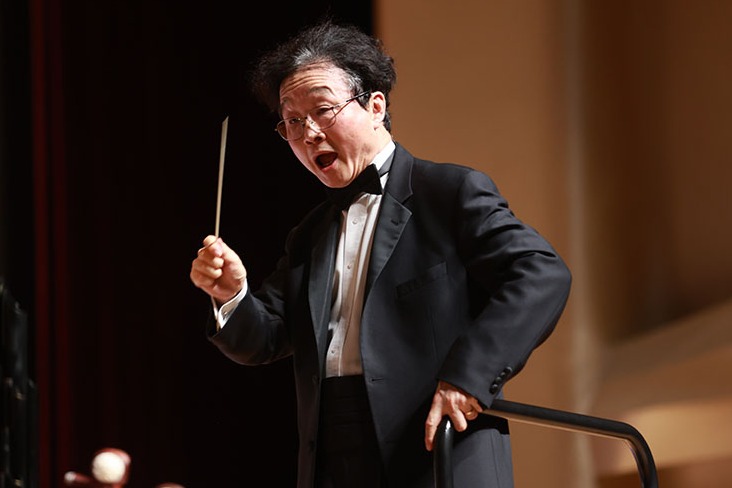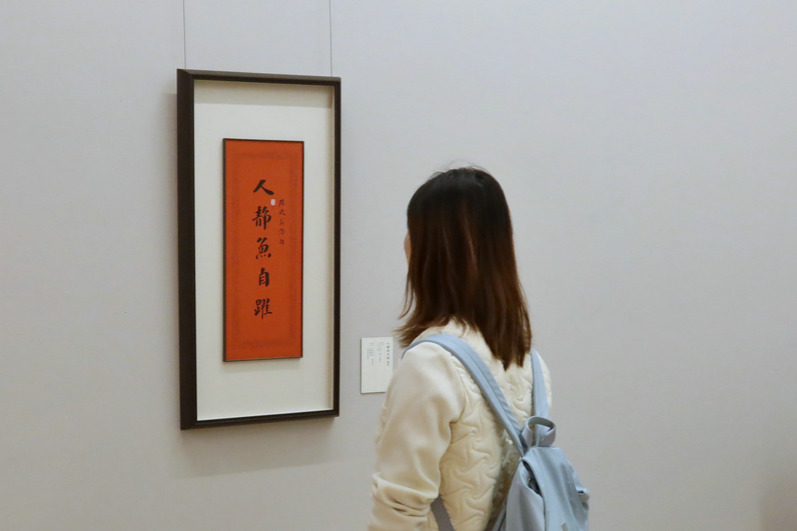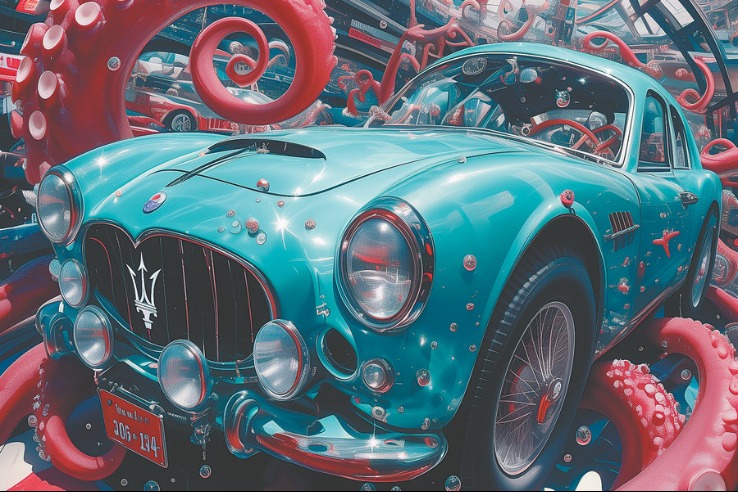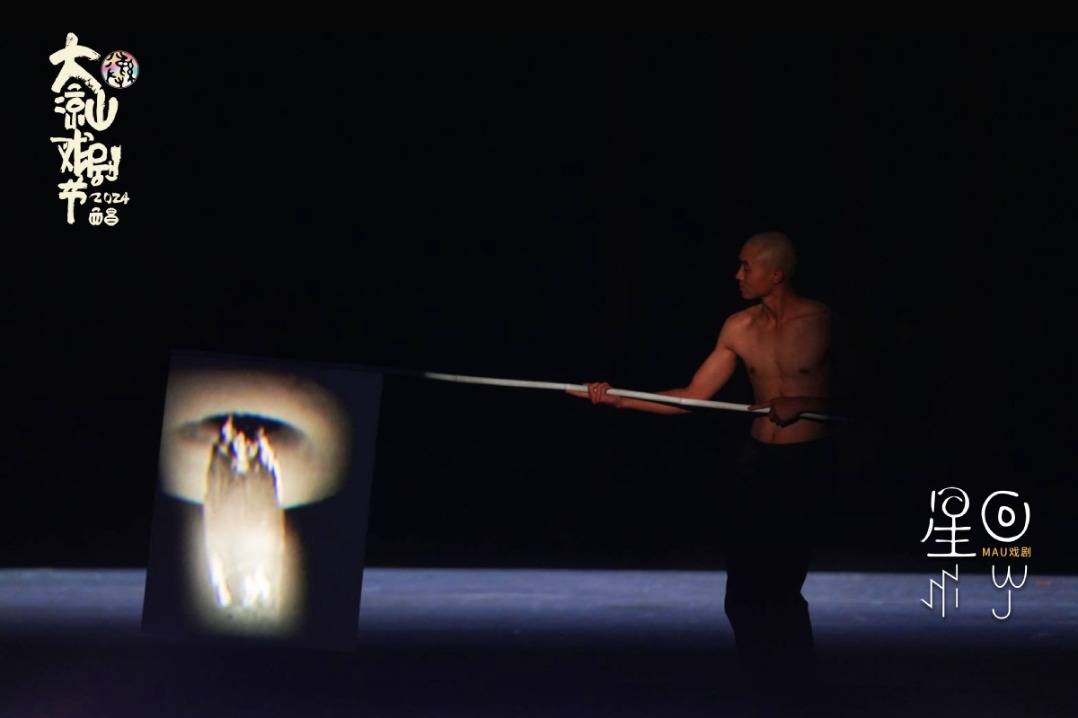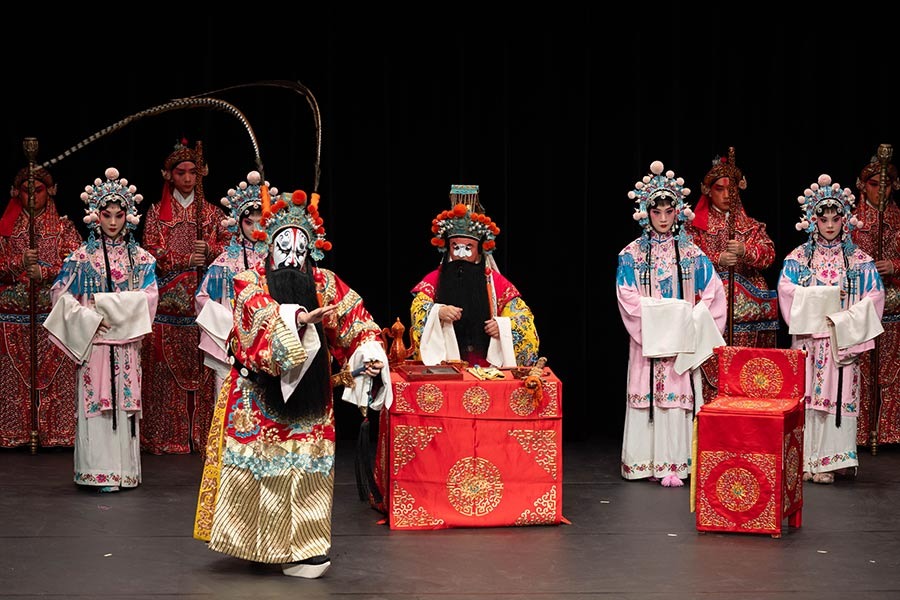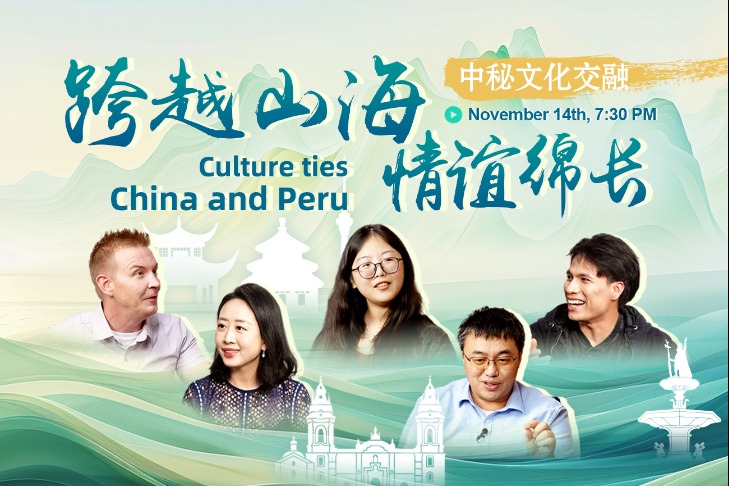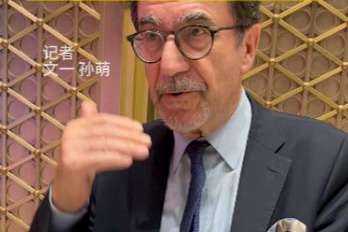Online literature's new chapter

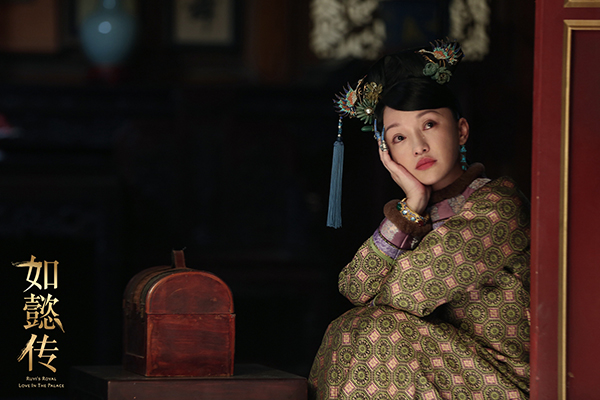
According to Zhou Yun, vice-president and editor-in-chief of Alibaba Literature, the platform has dozens of authors earning more than 1 million yuan a year and many more earning 100,000 yuan annually since its founding in 2015.
Zuo believes that catering to readers' tastes seems inevitable for most online writers, since readers now have too many choices-if they don't like a plot, they give up on the novel immediately and turn to another.
Therefore, many successful novels have created a tried-and-true model-usually with main characters who are able to overcome all the difficulties, get help from the right people at the right time, conquer evil and win true love in the meantime.
Modern people need to catch their breath, quickly, after having been drowned for so long by pressures and difficulties, according to Zuo.
Peking University's Shao says online literature has brought her comfort. It had made her rethink the function and value of literature beyond the common practice of printed books.
Online literature reflects social trends and records people's social desires and spiritual orientations.
For Wei Ying, author of two romantic-fiction works, the key to online fiction, especially fantasy, is the "world view" that usually depicts the social structure of the virtual world that the fiction has created, together with its fundamental ethics and regulations. All the twists and turns will be based on such settings and some novels' "world view" can be of grand narration and "like Game of Thrones".
Genres of online literature are finely sorted these days.
Qidian.com set up a women's channel as a platform for novels that are usually written by female writers and aim to captivate female readers' interest in 2009.
In earlier years, popular works on women's channels, including The Legend of Zhen Huan written by Wu Xuelan under the name of Liulianzi, had fancy words and Cinderella-like love stories that easily caught the eyes of young women, Wei says.
However, popular female topics have also expanded to include such themes as workplace newbies fighting for careers or heroines resisting evil and saving the world.
Lu Jing, whose pen name is Tianxiaguiyuan, is the author of The Legend of Fuyao and a policewoman for 17 years. She said in an earlier interview with cyol.com that she hopes the notion "I'm no worse than a man" could be spread wider with her work.
"My heroines have the spirit of self-reliance, self-confidence and self-improvement, and have self-esteem. With these strengths, they gain more support from society and finally lead equal and respected lives," she says.
And while the industry's problems of content homogenization, frequent plagiarism and over-commercialization have long been recognized, discussions about the pros and cons of intellectual-property adaptations rage on. A total of 1,195 films, 1,232 TV series, 605 games and 712 comics had been adapted by the end of 2017, according to the CADPA.


